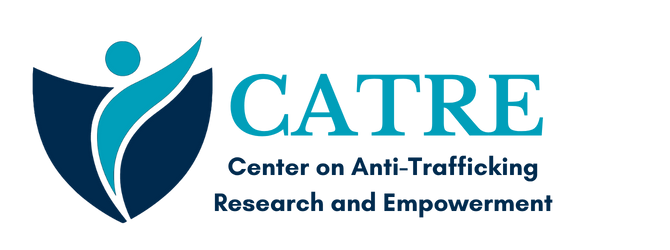In a powerful news interview, a Ugandan survivor of human trafficking shared the harrowing account of her journey, deceived by promises of work and trafficked through Kenya to Oman. Upon arrival, her passport was taken, her freedom stripped away. She found herself displayed in a glass-front shop like an object, marketed and sold to an unfamiliar family as though she were a commodity.
While recounting her own experience, she also spoke of the brutal realities others endure. She described how many victims are tied to poles, locked up, and beaten like wild animals, acts of dehumanization meant to break the spirit and enforce control. These are not isolated incidents. They reflect a deeply entrenched system of exploitation that targets Uganda’s most economically vulnerable.
Today, trafficking routes have expanded. In addition to the Gulf States like Oman, Saudi Arabia, and the UAE, new, high-risk destinations such as Myanmar and Iraq have emerged, exposing even more young Ugandans to abuse.
At the Center on Anti-Trafficking Research and Empowerment (CATRE), we recognize that prevention must begin before recruitment starts. That’s why we are designing a community-led sensitization model focused on early warning, awareness, and survivor-informed education. Through local partnerships, youth forums, and digital outreach, we aim to inform those most at risk, especially girls and young women about the deceptive practices used by traffickers.
Prevention is not just a strategy, it’s a lifeline. Every informed community becomes a barrier against trafficking.
The survivor’s voice is not just a testimony, it is a warning. One we cannot afford to ignore.
Watch News Interview: New Trend, Ugandans trafficked in ‘IRAQ’ tortured -Says Joan
